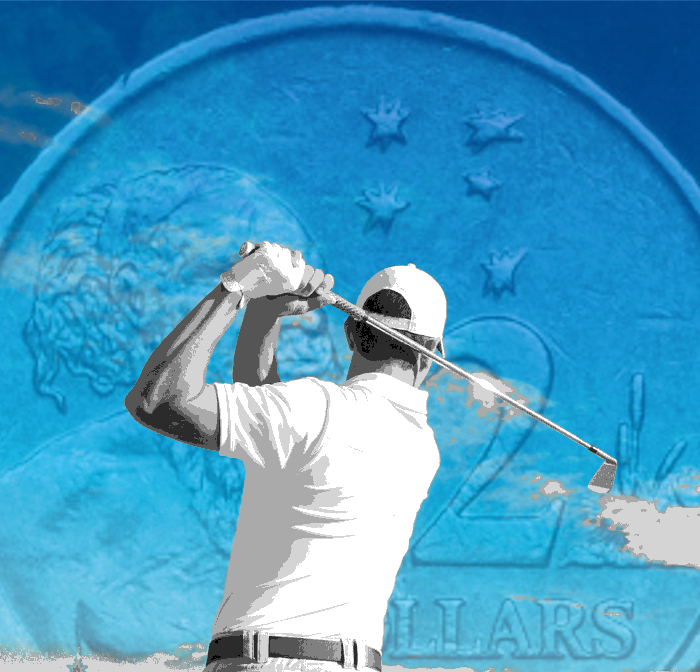Insider sweep catches golfer and gambler
 Five-time golf major champion Phil Mickelson has reportedly made almost $US1 million in an insider trading scheme.
Five-time golf major champion Phil Mickelson has reportedly made almost $US1 million in an insider trading scheme.
The US Securities and Exchange Commission (SEC) recently laid charges on the former chairman of Dean Foods Co after it found evidence suggesting the scheme had netted more than $US40 million ($55.3m).
A professional Las Vegas gambler was caught up in the allegations as well.
“These bets were no gamble at all,” Manhattan US Attorney Preet Bharara told reporters this week.
“They were sure things.”
While Mickelson is not facing criminal charges in the SEC lawsuit, he has been named as a relief defendant in a civil case.
In that case, it is alleged that he received ill-gotten gains as a result of others’ illegal acts.
Mickelson has agreed to pay back $US1.03 million ($1.42m).
The SEC said Mickelson had debts with sports gambler William Walters.
It says that Mr Walters was aware of a Dean Foods corporate spin-off, and urged Mickelson to trade in stock for about $US931,000 of profit.
“Simply put, Mickelson made money that wasn't his to make,” the SEC's director of enforcement Andrew Ceresney said.
Mr Walterswas arrested in Las Vegas on charges of securities fraud, wire fraud and conspiracy this week.
It is not his first tussle with the law, after having faced several state and federal probes in his career.
Former Dean Foods chairman Thomas Davis - who resigned from Dean Foods' board in August - pleaded guilty on Monday to passing on tips to Mr Walters.
It is the biggest insider trading case that the US Attorney's office has pursued since a change in 2014 limited the scope of the laws relating to it.
The appellate ruling means authorities' can no longer pursue charges against a defendant who heard a stock tip second or third-hand.
The SEC will not say if the ruling was behind Mickelson not being charged.
US Attorney Preet Bharara conceded that the ruling “has had an impact on our investigations”, and would allow some “nefarious conduct” to go unprosecuted.
Mickelson's lawyer Gregory Craig said the golfer felt "vindicated" that the SEC had found no wrongdoing.
“At the same time, however, Phil has no desire to benefit from any transaction that the SEC sees as questionable,” Mr Craig said.







 Print
Print